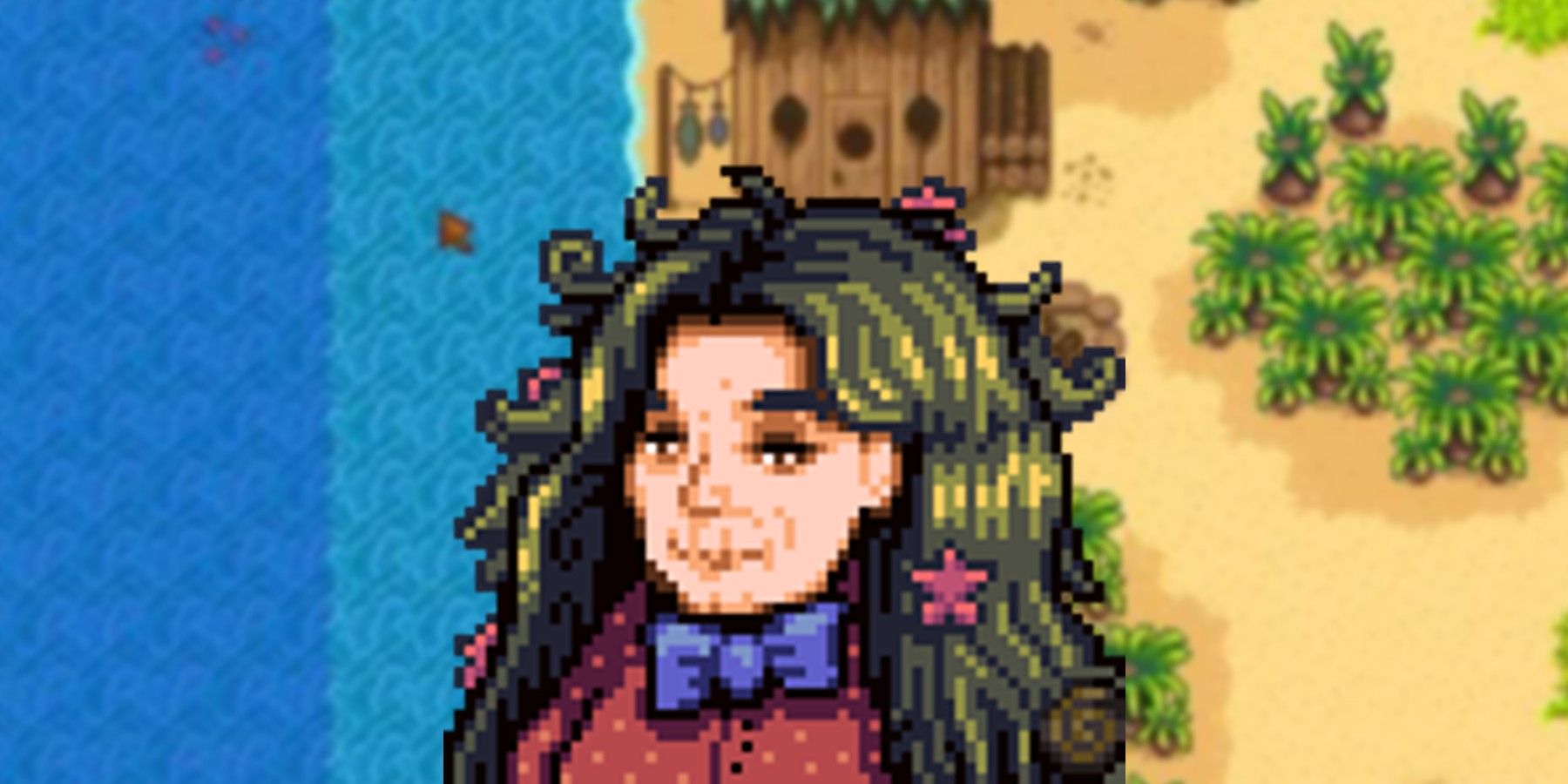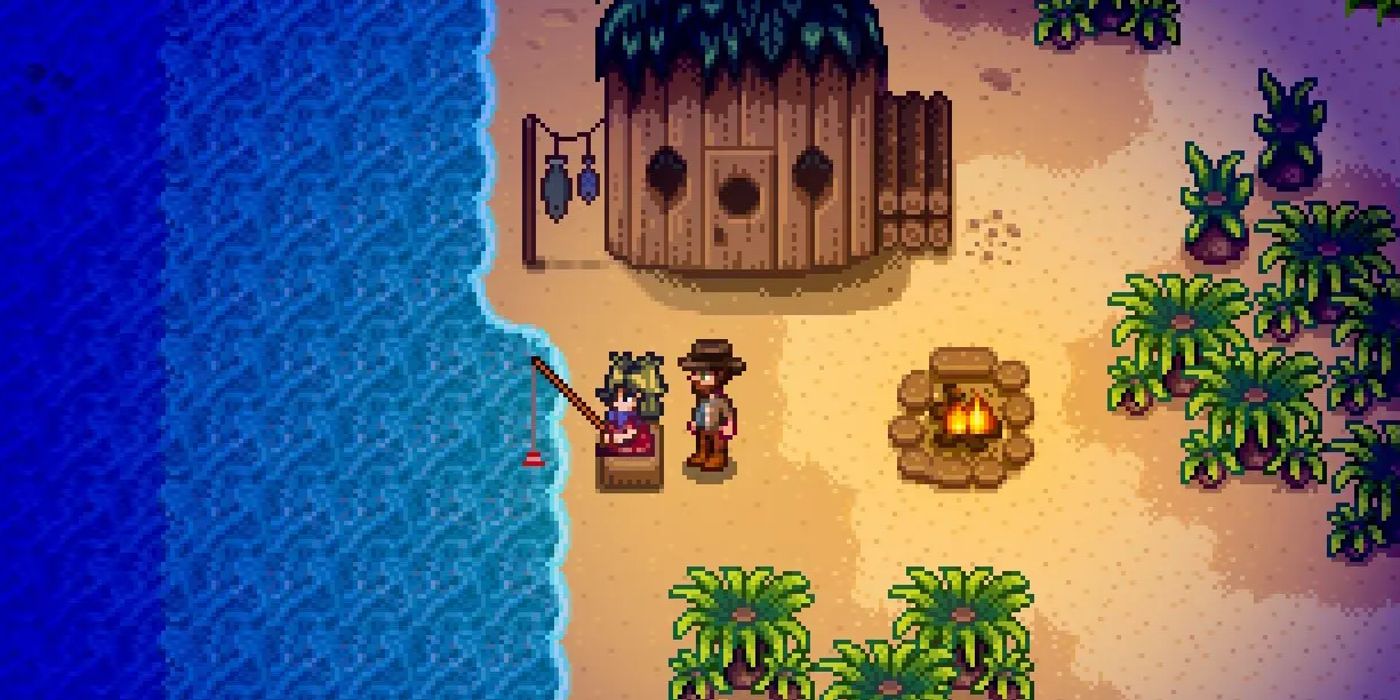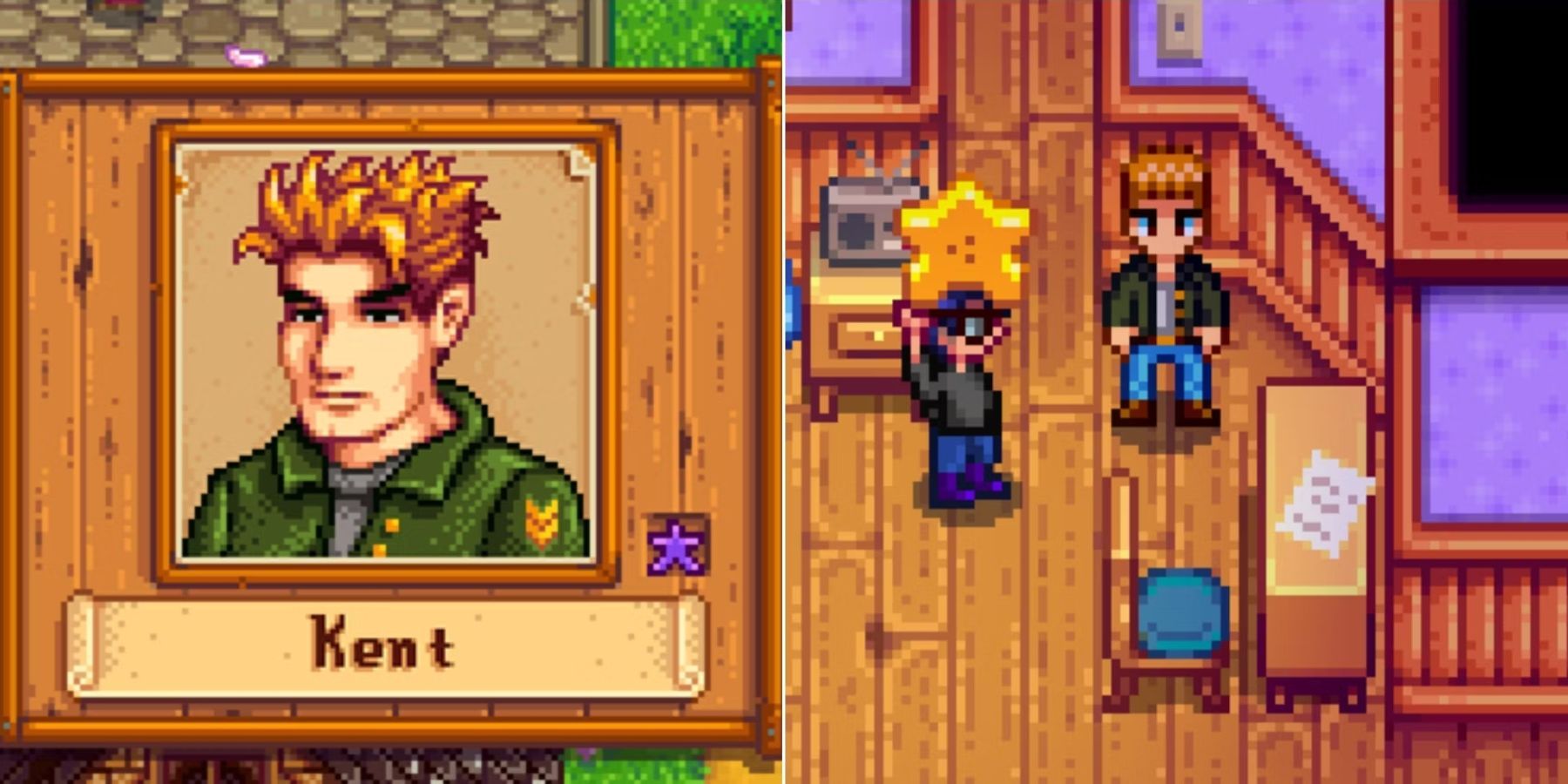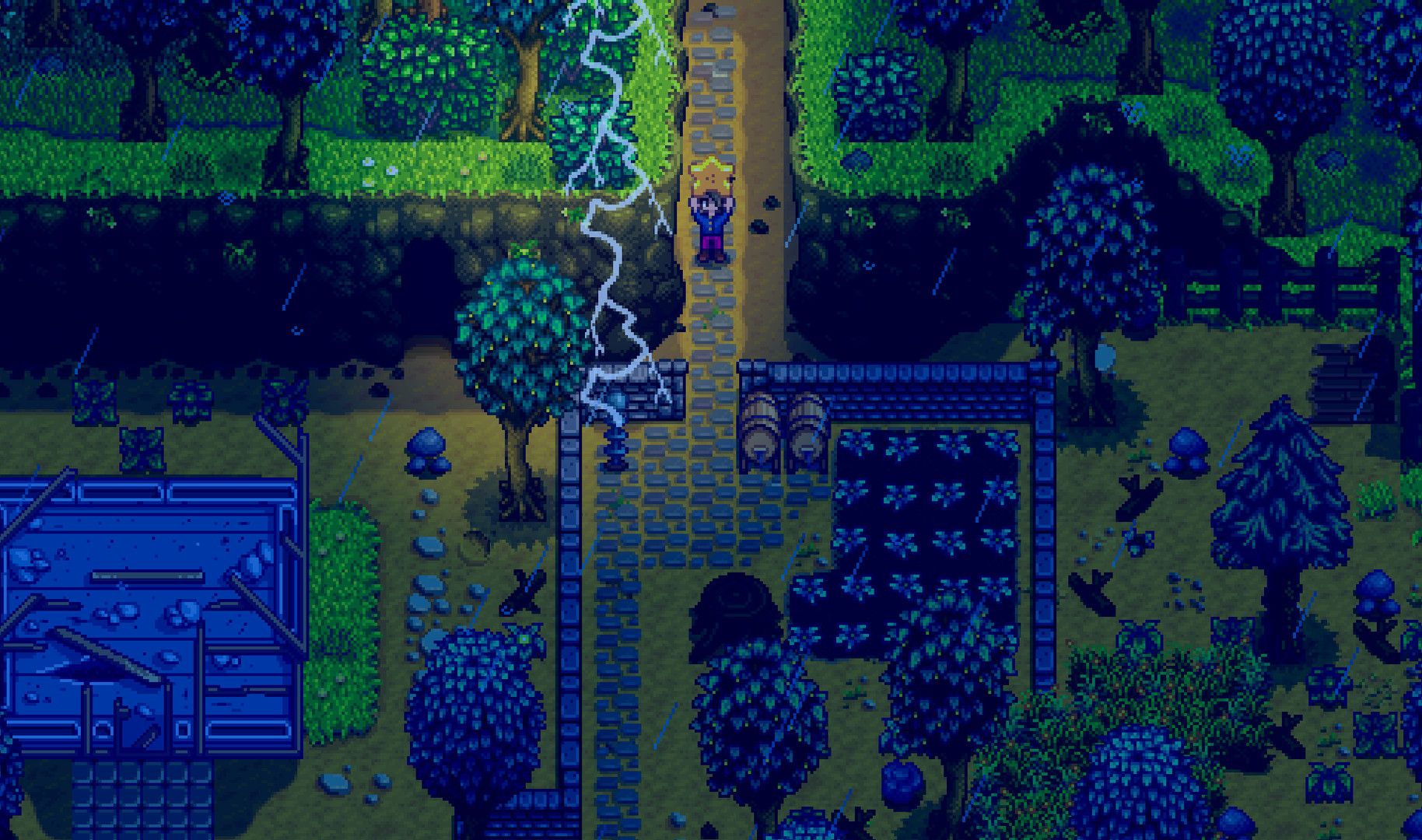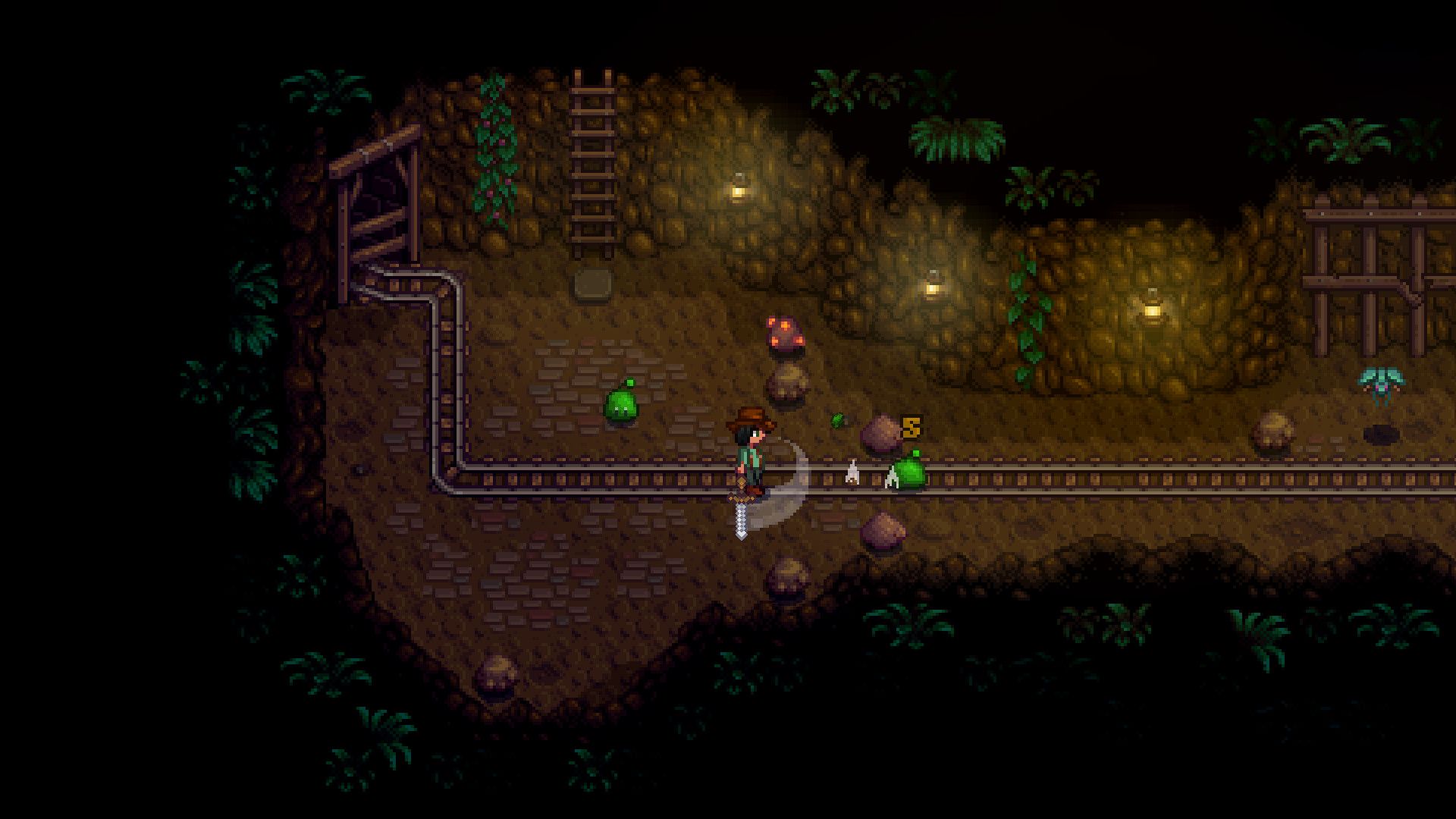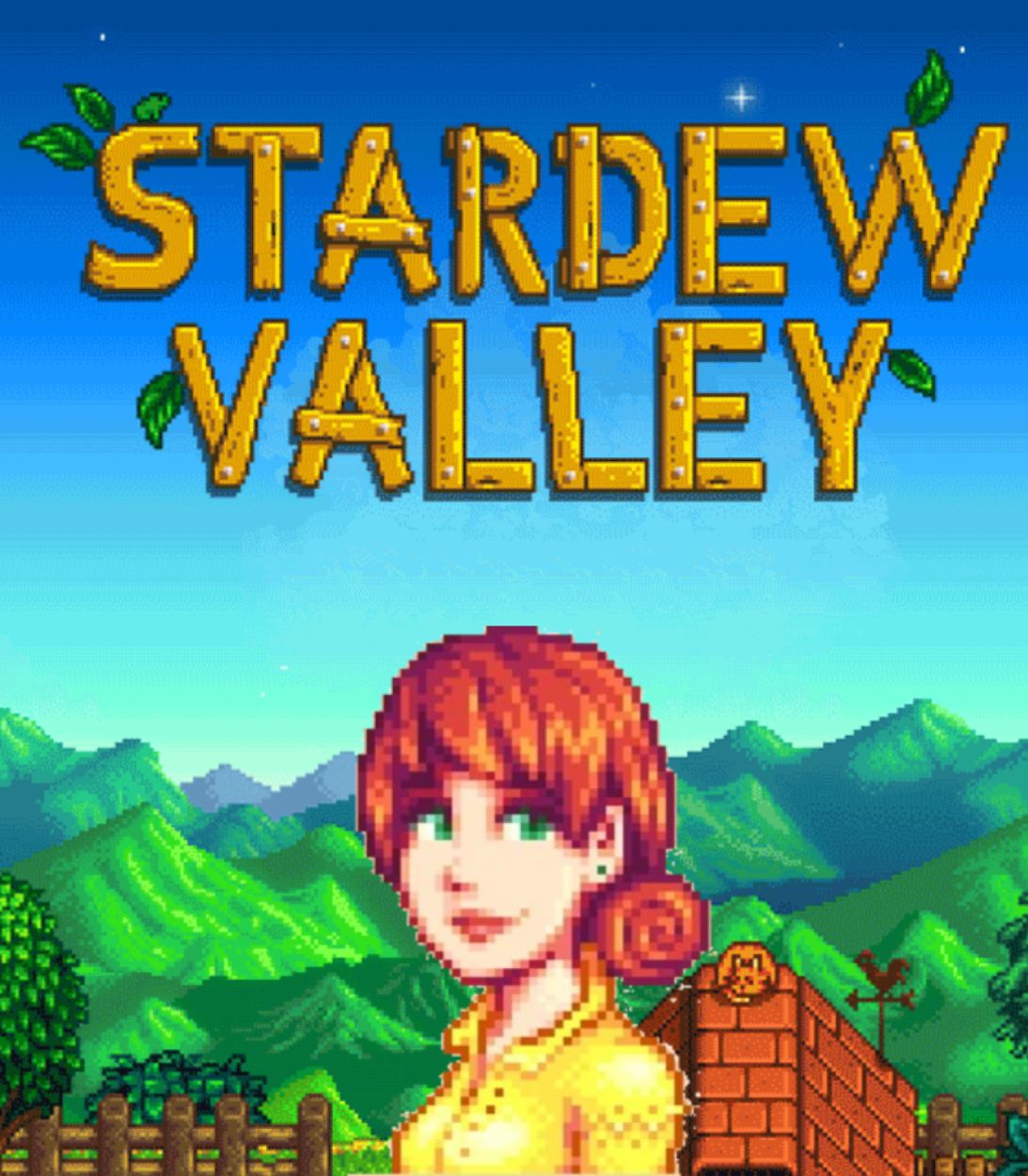It’s hard to think of games that can offer more comfort than industry giants like Stardew Valley. Through its small-town charm and predictable gameplay loops, players can get properly hypnotized by its calming rhythm. The daily cycle of tending crops, chatting with townsfolk, and watching the seasons turn creates a safe, almost meditative space where the biggest stress might be missing a crop harvest or forgetting someone’s birthday.
Still, beneath that comforting surface, Stardew Valley quietly carries a surprising amount of emotional weight. From entire character arcs to its premise tinged with grief, the game’s depth runs deeper than meets the eye. This undercurrent is perhaps most evident in a single, easily overlooked quest that captures the game’s ability to be both cozy and contemplative. Since it doesn’t directly tie into the main story, it’s entirely possible to skip without consequence. Yet that very obscurity makes it all the more impactful, underscoring just how intentionally these reflective moments were woven into the larger setting, both subtly and overtly.
The Pirate’s Wife Quest: A Tonal Shift in Stardew Valley
Tucked in a quiet corner of Ginger Island is a woman named Birdie. She lives innocuously toward the Western side of the island, and she’s often fishing alone by her hut. The Pirate’s Wife quest begins when the player talks to her, and usually, most won’t realize they’ve stumbled upon a story of loss and remembrance. In one of Stardew’s most vulnerable moments, The Pirate’s Wife quest is a sad tale from beginning to end.
The Story
Birdie opens up to the player about moving to Ginger Island because the wreckage of her husband’s ship is there. She asks the player to help her find a locket that her husband treasured. After a series of conversations with various villagers in Pelican Town, the locket is finally returned to the owner’s wife.
A pivotal moment in the story doesn’t happen when it starts, but rather when the player begins making trades with the villagers. Kent, the first villager the player talks to, mentions that he knew Birdie’s husband, Dave. He and Dave fought together in a war, creating a bond of mourning between Ginger Island and Pelican Town. And in just a few lines of dialogue, the narrative builds a rare, sobering glimpse into the game’s broader world beyond Pelican Town’s rural haven.
The Value of Darkness in a Cozy Game like Stardew Valley
It’s often the assumption that a cozy game invites players to turn off their brains and disconnect from the trials of the world. And while that’s somewhat true, the best cozy games ask players to feel deeply. Stardew Valley’s charm isn’t just in planting crops or attending festivals. It’s in the quiet, sometimes painful stories it lets slip between fishing trips and flower dances.
The Pirate’s Wife quest gives players an emotional beat that stands apart from the rest of the game’s rhythm. It doesn’t just entertain, it invites reflection. By introducing themes of grief, sacrifice, and the passage of time, Stardew offers a richer tapestry of experiences. When the player hears Kent’s story about the war and realizes the weight of Birdie’s loss, the quest transcends the typical “fetch item, earn reward” loop. It becomes a small but meaningful reminder that even idyllic worlds hold shadows.
Other Dark Undercurrents in Stardew Valley
While The Pirate’s Wife quest is a standout example, it isn’t the only time Stardew Valley brushes against heavier themes. Many character backstories contain glimpses of hardship that contrast with the game’s cheerful exterior. Penny’s strained relationship with her mother Pam, who struggles with alcoholism and can be openly cruel, paints a sobering picture of life in Pelican Town. Shane’s depression offers another raw storyline, showing how isolation and hopelessness can creep into even the coziest of worlds. These moments may not dominate the player’s experience, but they add an emotional dimension that makes the town’s warmth feel more hard-earned and genuine.
A Better Appreciation for the Cozy Moments
Including quests like this makes Stardew’s lighter moments feel brighter. After helping Birdie, the next Stardew Valley festival or sunny afternoon on the farm feels sweeter—not in spite of the quest’s melancholy, but because of it. The game subtly reminds players that joy is more potent when contrasted with sorrow. In doing so, Stardew Valley reinforces that its world isn’t shallow; it’s lived-in, layered, and all the more comforting for its honesty.
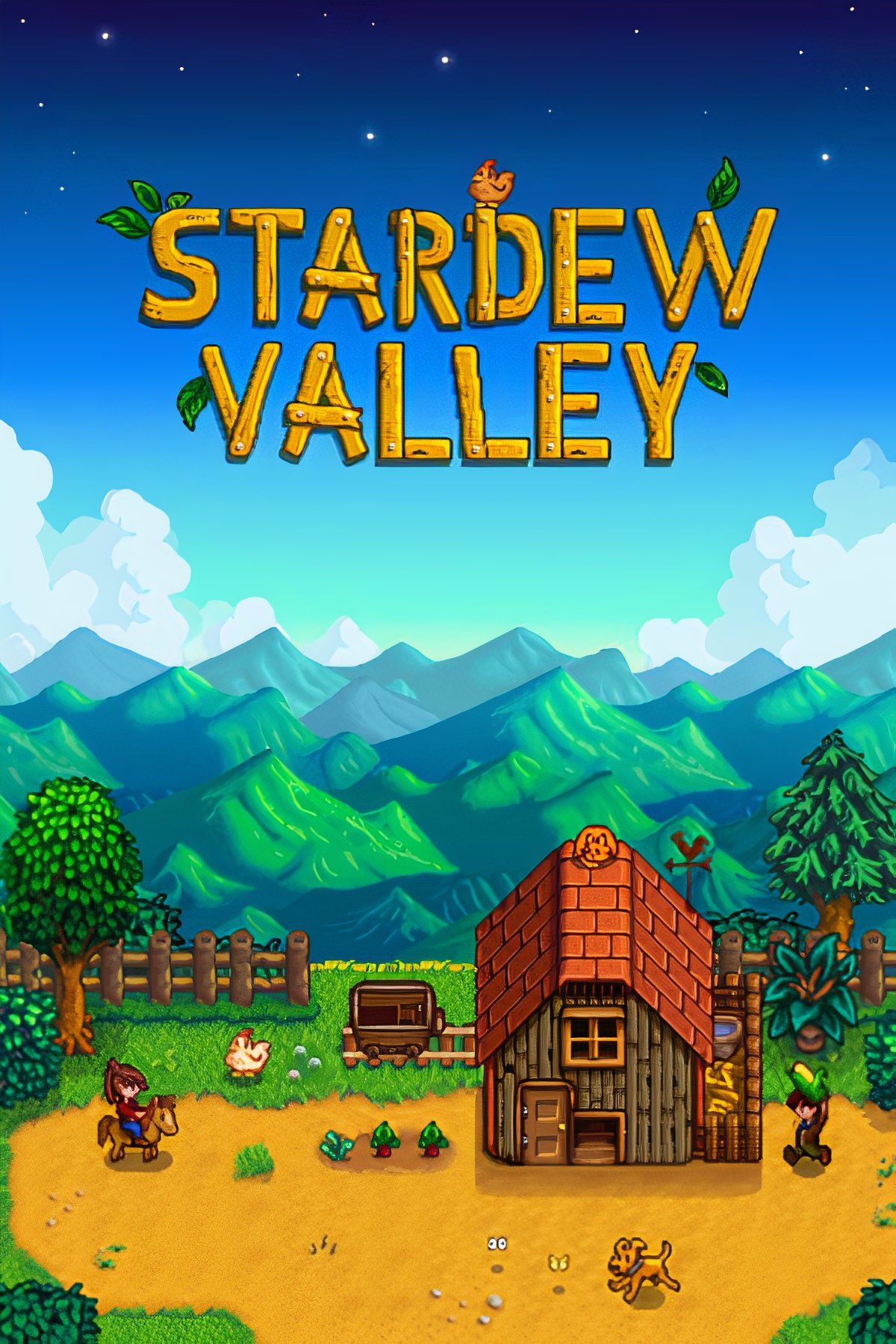
Stardew Valley
- Released
-
February 26, 2016
- ESRB
-
E for Everyone (Fantasy Violence, Mild Blood, Mild Language, Simulated Gambling, Use of Alcohol and Tobacco)
- Developer(s)
-
ConcernedApe
- Publisher(s)
-
ConcernedApe
#Stardew #Valley #Quest #Shows #Games #Darker #Side


